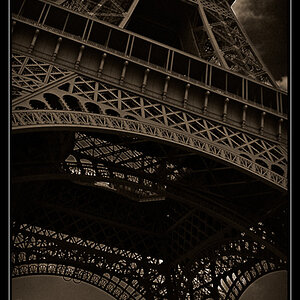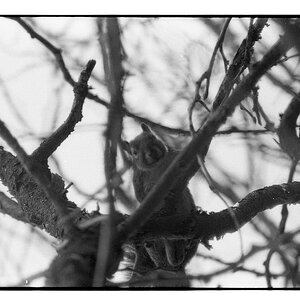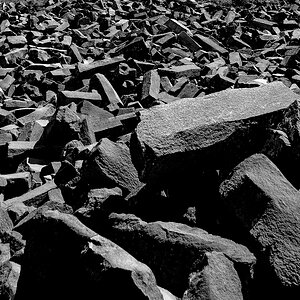bendixso
TPF Noob!
- Joined
- May 2, 2011
- Messages
- 1
- Reaction score
- 0
- Location
- [email protected]
- Can others edit my Photos
- Photos NOT OK to edit
Hey everyone,
I was reading the Wikipedia article on autofocus, and there was a line about the average accuracy of most autofocus systems. I read it a few times, and I wasn't quite sure what it meant. Is there anyone here who can help me demystify it?
The Wikipedia quote in question:
Autofocus accuracy within 1/3 of the depth of field (DOF) at the widest aperture of the lens is not uncommon in professional AF SLR cameras
Thanks for your help,
-Ted Bendixson
I was reading the Wikipedia article on autofocus, and there was a line about the average accuracy of most autofocus systems. I read it a few times, and I wasn't quite sure what it meant. Is there anyone here who can help me demystify it?
The Wikipedia quote in question:
Autofocus accuracy within 1/3 of the depth of field (DOF) at the widest aperture of the lens is not uncommon in professional AF SLR cameras
Thanks for your help,
-Ted Bendixson













